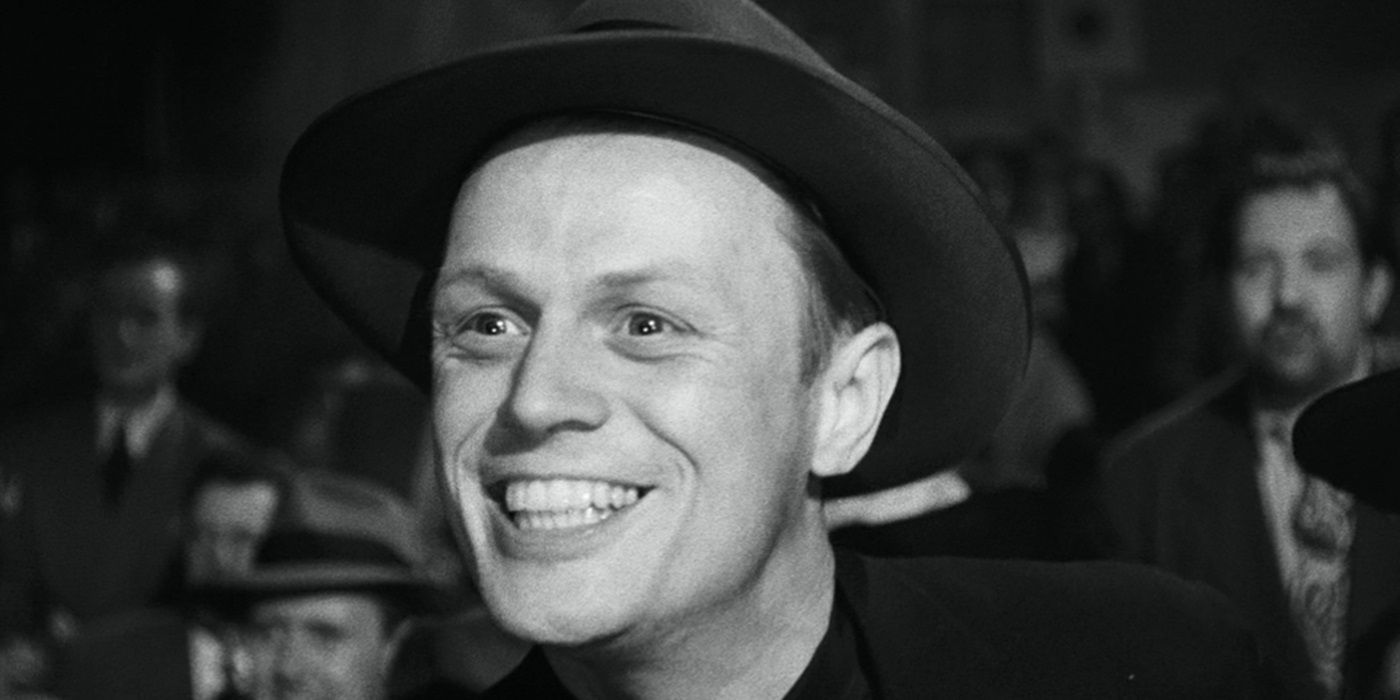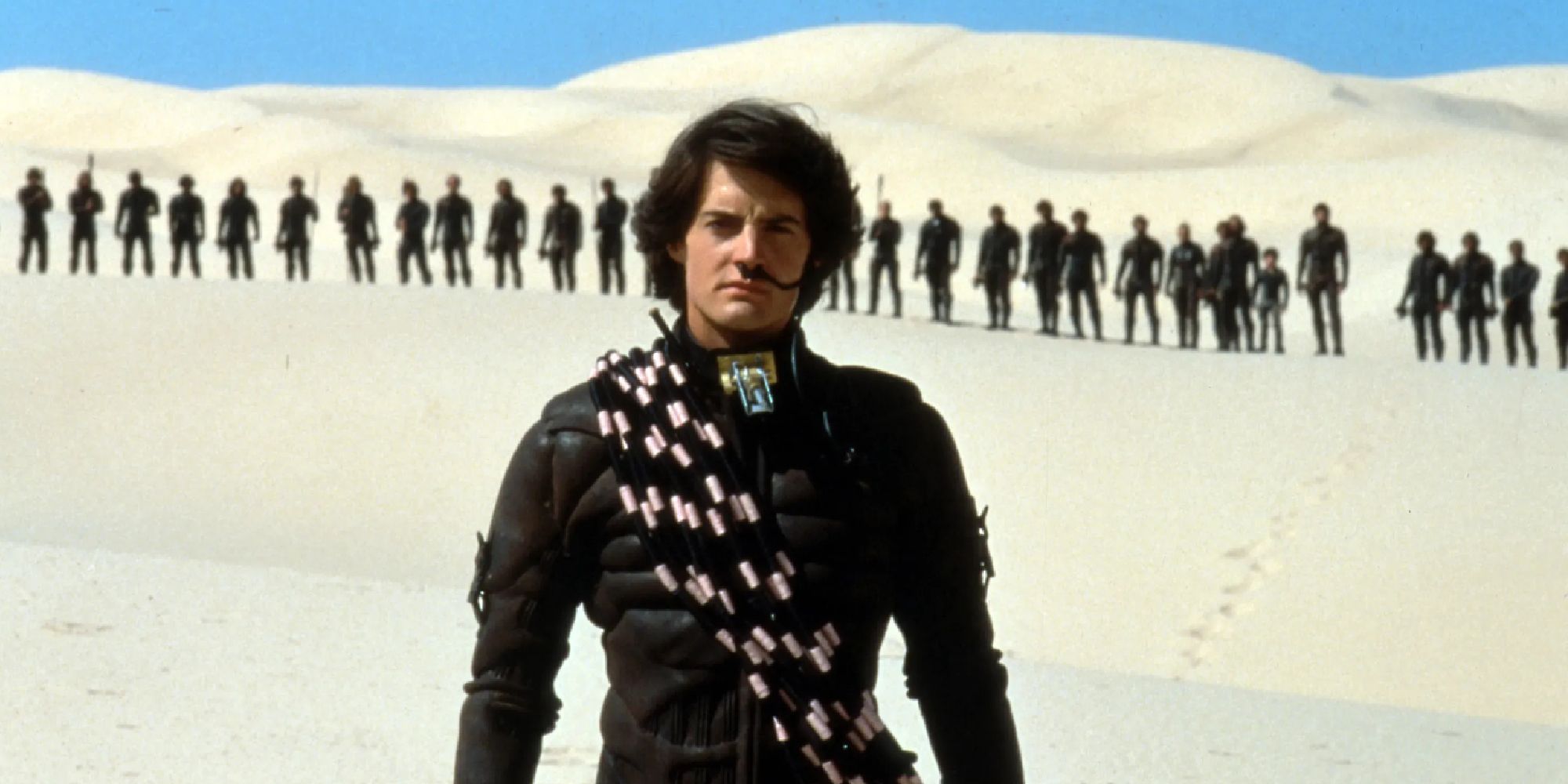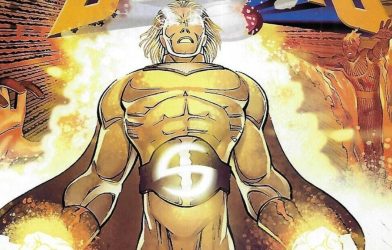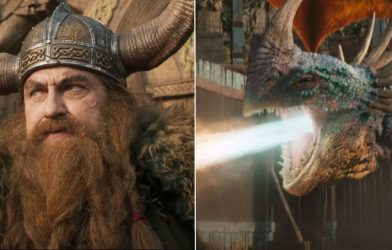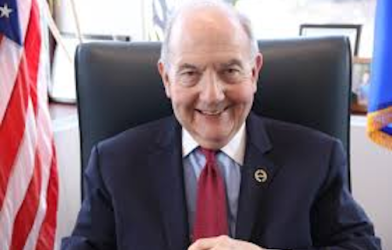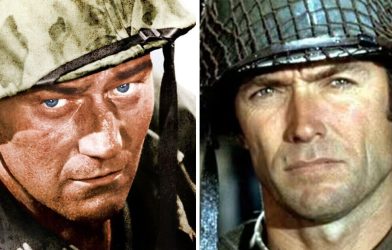The Big Picture
- Alan Smithee is a pseudonym used by directors to disown films due to loss of creative control or studio interference.
- The DGA approved alias has been used by Michael Mann and David Lynch.
- In 2000, the DGA discontinued the use of Alan Smithee.
If you’re a Hollywood director frustrated over your loss of creative control or the in-flight cut of your film, there’s only one name to call: Alan Smithee. Every once in a while, you might notice that the director’s credit reads “Alan Smithee” or, in some cases, “Allen Smithee.” Let the record show that this is not a director, or even a real person, for that matter. For over 50 years, the pseudonym has been used to signal that a director requested that their name be removed from the credits for multiple reasons, often stemming from unhappiness with the final cut. For an imaginary person, Alan Smithee has quite an interesting history in the industry, with the name being deployed by prominent directors such as Michael Mann and David Lynch, approved by the Director’s Guild of America, and was the star of a widely panned feature film.
“Alan Smithee” Was First Used on a Western
Filmmaking, featuring contributions from hundreds of artists and crew members, is a collaborative medium. While it’s understood that the director is the de facto author of a film, there’s a limit to what they can craft on the screen. Before it reaches the editing room, the movie is raw and a disorganized collection of footage. Because it’s at its most flexible, the entire landscape of a film’s narrative and style can alter during post-production. The nightmare scenario for filmmakers is when the studio gets their hands on the edit and changes it to their liking. A combination of personal disappointment and studio alienation has caused filmmakers, from David Fincher (Alien³) to Steven Soderbergh (The Underneath), to publicly disown films throughout history. At least their shame wasn’t overwhelming that they were forced to take their name off the final cut.
Whenever the name Alan Smithee appears on-screen, it is the ultimate indicator of a director’s frustration with a finished product. The alias’ debut film was in 1969 for the Richard Widmark Western, Death of a Gunfighter. During filming, the actor was unhappy with the work of director Robert Totten. Widmark, best known for Kiss of Death and Judgment at Nuremberg, had enough cachet to oversee the creative vision of this revisionist Western and had Totten replaced with Don Siegel, a prolific action/thriller director, best remembered as a close collaborator of Clint Eastwood. As outlined in the book, Directed by Alan Smithee, Siegel only worked on the film for roughly 10 days compared to Totten’s 25 days of work. However, neither director wanted to take credit for the film, but because DGA rules required a directing credit, someone’s name had to fill the void. According to Siegel, it was the guild that coined the famous pseudonym, then spelled “Allen Smithee.” Siegel believed Totten should never have removed his credit from Death of a Gunfighter.
Alan Smithee Was Officially Approved by the Director’s Guild of America
Alan Smithee originated as the Director’s Guild of America’s solution for an anonymous directing credit, and the union maintained control of the licensing of the name in the following decades. The alias became the authorized title by the DGA for when a director is unsatisfied with their work. Ironically, the group that had intended to support the filmmakers’ independence had implemented restrictions regarding the use of Alan Smithee for its members. The guild only permits the Alan Smithee credit if the director could confidently proclaim that they were stripped of creative control. Directors undergo a rigorous process to have their credit removed. They must cite hard evidence of their vision being impeded by studio executives or other outside figures.
Furthermore, once Alan Smithee is substituted for the director’s name, the respective director is prohibited from publicly discussing the disowned film. From the guild’s perspective, Alan Smithee denotes that Robert Totten or Don Siegel directed Death of a Gunfighter. The DGA promotes directors as autonomous authors of films, but on the flip side, they want to make sure they take ownership of their failures. Under guild guidelines, Alan Smithee should only be deployed when a director is creatively hindered by outside forces.
Through the next two decades following Death of a Gunfighter, Alan Smithee would appear intermittently in unsatisfactory cuts of films. Early on, critics were oblivious to the nature of the name, with some reviewers erroneously commenting on the direction of this unknown director. A New York Times review praised Smithee’s “sharp” direction and his “adroit facility for scanning faces and extracting sharp background detail.” Roger Ebert, the preeminent film critic, wrote of the film, “Director Allen Smithee, a name I’m not familiar with, allows his story to unfold naturally.” Publications mistaking this pseudonym as a real person plays like a real-life demonstration of Bart Simpson’s prank calls to Moe in The Simpsons.
What Directors Have Blamed Their Movies on Alan Smithee?
Alan Smithee cropped up a handful of times, including for the films Student Bodies, Let’s Get Harry, and Solar Crisis. Dennis Hopper‘s film, Catchfire, was immediately disowned by the director, prompting his credit to be substituted for Alan Smithee. Hopper claimed he had no involvement in post-production, undermining the creative autonomy of a director. The film’s star, Jodie Foster, described working with the eccentric Hopper as “completely insane.” Director and former DGA President Jud Taylor deployed the alias twice for TV movies; Fade-In (released before Death of a Gunfighter but changed retroactively), and City in Fear. Taylor praised the guild for sticking up for him and his vision. He noted that the establishment of Alan Smithee was “a signal to the industry from a creative rights point of view that the shows had been tampered with.”
For directors like David Lynch, Michael Mann, and Martin Brest, Alan Smithee came in handy when the television and in-flight edits of their films betrayed their vision. While Denis Villeneuve has made it look easy, adapting Dune for the big screen is gruelingly difficult. Lynch has candidly expressed dissatisfaction with his 1984 take on the Frank Herbert science fiction novel. He told NPR that Dune “wasn’t the film I wanted to make, because I didn’t have a final say.” For the broadcast television cut of his film, Lynch was so ashamed that he let Alan Smithee take his place in the end credits. Mann, a famously exacting visionary, disapproved of the made-for-television edits of Heat and The Insider, prompting the Smithee credit for all those watching on TNT. In response to NBC’s edit of Heat, which “destroyed the narrative of the film,” Mann pulled no punches, stating, “I deplore what they did, and I also criticize it as being piss-poor management of an asset they paid a lot of money for.” Brest used the moniker for the in-flight edit of his ’90s dramas, Scent of a Woman and Meet Joe Black, clarifying that the name was the only way I could ‘red flag’ it so that everybody who would care (about the movie) would know.”
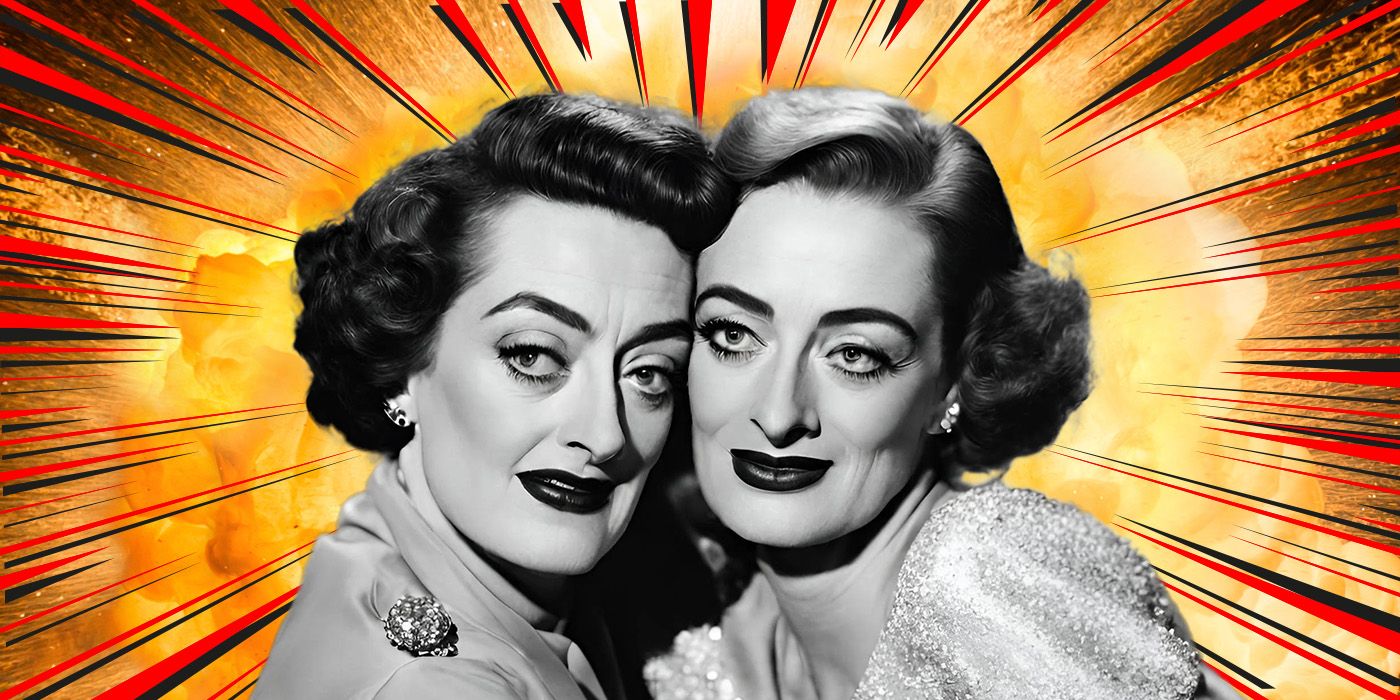
Related
It’s Time to Set the Record Straight on This Classic Hollywood Feud
Joan Crawford and Bette Davis’ alleged feud is a lot more complicated than you might think.
In 2000, Alan Smithee was discontinued as a DGA-sanctioned credit. Three years earlier, the coup de grâce of the pseudonym, An Alan Smithee Film: Burn Hollywood Burn, was released in theaters to widely maligned reviews and poor box office returns. Directed by Arthur Hiller (aptly credited as Alan Smithee) and written by Joe Eszterhas of Basic Instinct fame and Showgirls notoriety, this satire, about a rookie director who shares the name of the titular alias, was representative of a Hollywood in-joke that went too far into farce. DGA board members cited the film as the party responsible for the death of Alan Smithee. The repeal of the name was put into effect with Supernova, a film that director Walter Hill requested to cut ties with. Alan Smithee was pushed aside in favor of “Thomas Lee,” an alternate pseudonym. Other filmmakers, including Noah Baumbach (Highball) and David O. Russell (Accidental Love), opted to use alternate names to disown their work, “Ernie Fusco” and “Stephen Greene,” respectively. While the moniker of Alan Smithee is retired, it’s inevitable for directors to feel dissatisfied with their work, especially if control is taken away from them. Sometimes, the best solution is to just pretend that you never touched the final product.


